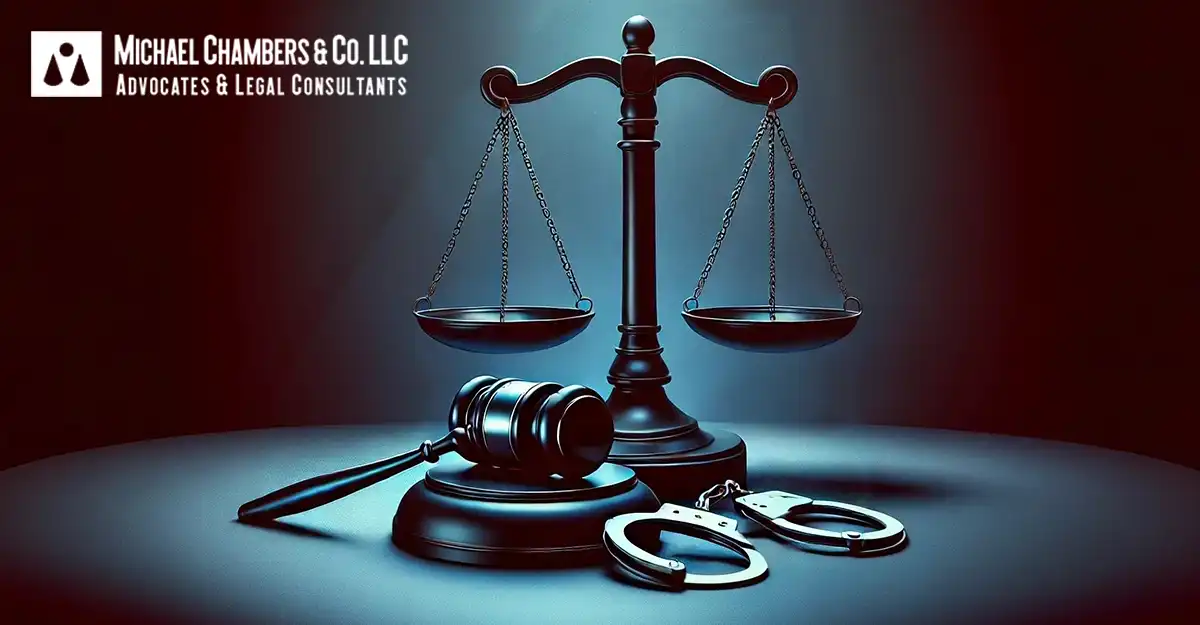When a company is created it enjoys a separate legal identity of its own and, as such, when it stops operations a specific procedure must be followed in order to legally bring its existence to an end. The procedure is outlined in the Companies Law, Cap 113, and is a different procedure from that followed in the case of an individual going into bankruptcy. A company may either be wound up voluntarily, or by the court compulsorily.
Voluntary Winding Up
The law outlines the circumstances under which a company may be wound up voluntarily:
- if a pre-determined set period of time or specified event outlined in the articles of association of the company, upon the happening of which the company should be wound up, occurs and a shareholder resolution is passed to wind the company up voluntarily;
- if a special resolution is passed by the company to be wound up;
- if an extraordinary resolution is passed by the company to the effect that the company cannot carry on business by reason of its liabilities.
At the time of the passing of the resolution, the winding up shall be deemed to have commenced and within 14 days of passing the resolution to wind up voluntarily, notice of such should be placed in the Gazette.
From the commencement of the winding up, the company shall cease to carry on further business, except as may be required in order to achieve beneficial winding up.
The property of the company will be distributed in satisfaction of its liabilities ranking equally and then (unless the articles provide to the contrary) will be distributed between the members in accordance with their rights and liabilities.
The Court may appoint a liquidator who, within 14 days of his appointment will publish a notice in the Gazette of his appointment.
The powers of the liquidator are:
- Under the authority of resolution of the company or Court to pay creditors in full, to make any compromise or arrangement with creditors and to compromise all calls and claims, present or future, subsisting between the company and contributory or other debtor on such terms as may be agreed. Exercise any other powers given to him by the Law.
- Exercise the power of the Court to settle a list of contributories.
- Exercise the power of the Court of making calls.
- Summon meetings of the company.
Essentially the key duty of the liquidator is to pay the debts of the company and adjust the rights of contributories between themselves accordingly.
It should be noted that when a company passes a resolution to voluntarily wind up, the Court may make an order for such winding up to be subject to Court supervision and as such will be treated as a petition for compulsory winding up.
Compulsory Winding Up
The law further outlines the circumstances where the Court may order the winding up of a company compulsorily:
- if the company has by special resolution resolved that the company should be wound up by the Court.
- if default occurs in filing the statutory report to the registrar.
- if default occurs in holding the statutory meeting.
- if the company does not commence its business within a year of incorporation or suspends business for a year.
- if (in the case of a public company) the number of members falls below seven.
- if the company is unable to pay its debts.
- if the Court is of the opinion it is just and equitable to wind the company up.
The petition for winding up may be presented to the Court by either the company or by its creditors or contributories. On hearing the petition, the Court may order the winding up, dismiss the petition, adjourn the hearing conditionally or unconditionally or make an interim order as it sees fit. On the making of the winding up order by the Court, the company must immediately forward a copy of such order to the Registrar of Companies.
After the commencement of the winding up, which will in most cases be the time of the presentation of the petition for the winding up any disposition of property belonging to the company, transfer of shares or alteration of status of the shareholders which is made after the order to wind up will be deemed void.
The Court may appoint a liquidator whose purpose it is to perform the duties that the Court may impose. The liquidator shall have the power, with the sanction of the Court, to:
- bring or defend legal proceedings in the name of or on behalf of the Company.
- to carry on the business of the company so far is necessary for beneficial winding up.
- to appoint an advocate to assist him.
- to pay any class of creditors in full.
- to make a compromise or arrangement with creditors.
- to compromise all calls and claims, present or future, subsisting between the company and contributory or other debtor on such terms as may be agreed.
- to sell real and personal property of the company.
- to execute deeds and documents on behalf of the company and to use the company seal.
- to claim in the bankruptcy or insolvency of any contributory for any balance against his estate.
- to draw and indorse a bill of exchange or promissory note in the name of the company.
- to raise requisite money on the security of the assets of the company.
- to do acts necessary for obtaining payment from a contributory of the company or his estate, including taking out in his name letters of administration to any deceased contributory.
- to appoint an agent to undertake those acts he is unable to do himself.
- to do anything else necessary to wind up the affairs of the company.
In carrying out his duties the liquidator must have regard to any directions given by resolutions of the creditors or contributories and shall keep proper books of all of his dealings, which shall e audited by the official receiver at least twice a year.
Finally, when the liquidator has realized all of the property of the company and produced a final dividend to the creditors and made, if any, a final return to the contributories, then the Court shall release the liquidator from his duties.
General Provisions
The law sets out the order of priority in which debts shall be settled, with some debts (for instance government taxes, employee salaries, compensation payments to employees for accidents during the course of employment) being paid in priority ahead of others.
It must be noted that a transaction made by the company during the six months prior to the winding up which, had it been made by an individual before bankruptcy, would have been deemed a fraudulent transaction, will be deemed a fraudulent preference and will be invalid.
There are also a large number of offenses which may be committed by officers of the company during the winding up, some of the most important of are:
- failure to fully disclose to a liquidator property of the company and details of disposal of company property.
- failure to deliver up to the liquidator company property.
- failure to deliver up to the liquidator or preventing the delivery up of full company books.
- concealing or removing any company property or company debt from a year before the commencement of the winding up.
- making material omissions in statements made in relation to the company.
- knowing that a false debt has been presented to the liquidator.
- making false entries into company books.
________________________________________________________________________
The insolvency regulations provide highly detailed provisions for the winding up of a company both voluntarily and compulsorily. In both cases the Court may appoint a liquidator who will have the necessary powers to collect in the company assets, pay company debts and distribute the remainder according to law.
Michael Chambers and Co. LLC has a team of expert insolvency specialists who are able to offer advice on every stage of the insolvency process. We are able to assist with the process of winding up as well as to give advice prior to such action, concerning acceptable conduct and considerations to take into account on winding up. If you wish to speak to a member of our team then please contact us.


